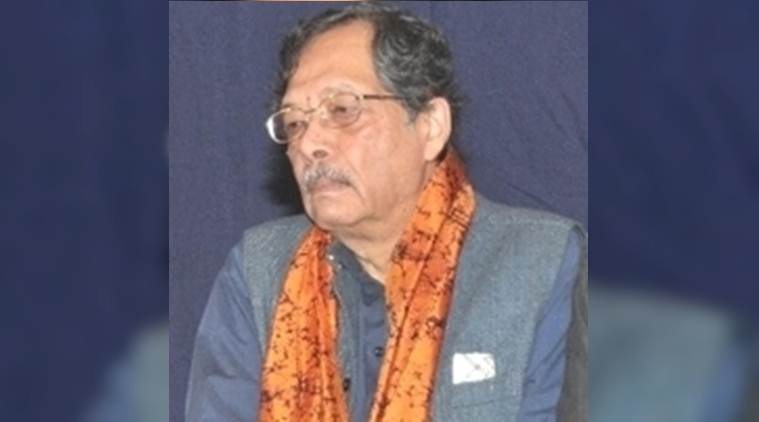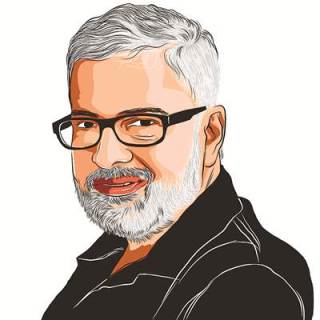Bappa, my mentor: What made Sabyasachi Bhattacharya stand apart from his contemporaries
Sabyasachi Bhattacharya worked on a wide canvas and switched with ease from economic history to culture and biography

Sabyasachi Bhattacharya had been unwell for almost a year. Yet the news of his demise on Monday made one realise what it means to not have him in our midst. One more of the doyens who built the Centre for Historical Studies (CHS) in Jawaharlal Nehru University is no more. Bappa, as his students and peers called him, set himself to work on a wide canvas in the discipline of history and switched with ease from economic history to culture and biographies. This is what made him stand apart from his contemporaries at the Centre and in the world of professional historians.
The Financial Foundations of the British Raj was a path-breaking analysis. Employing the tools of economic history and the historian’s craft, Bappa explained the pattern that the colonial state set to finance itself, establish an economic doctrine that served the interests of metropolitan capital and ensure India remained a backyard to serve that purpose. First published by the Indian Institute of Advanced Studies, Shimla, in 1971, where Bappa fine-tuned his earlier research on the topic into a book, the work remained a primary text for a generation and more of economic historians in India.
He took this work to greater heights in The Colonial State: Theory and Practice that Primus Books published in 2016. Bappa did say at its launch at the India International Centre that year that this would be his last book. Those of us assembled there on a relatively warm February evening did not want to take him seriously. Bappa, when I met him last at the IIAS, Shimla, was still in his element, delivering the keynote address at a conference commemorating a hundred years of the Champaran Satyagraha.
He delved deep into history and historiography and stressed that Gandhi walked the extra mile, then, to enumerate testimonies from people belonging to the Muslim community. Beneditto Croce’s approach to history — all history is contemporary history — guided Bappa in highlighting this, 100 years after the event. His intention was to put a focus on the potential for re-asserting the idea of secularism in times when it was under siege. He was there for all the sessions, across three days, intervening every time it was called for.
The 2016 publication, where he broke new grounds in understanding the theory and practice of the colonial state, remains his last work. In this, he went beyond his own earlier work, exploring several streams of nationalist intellectual thought — Tagore, Gandhi, Jawaharlal Nehru and several others — talking back against the colonial construct of the Orient. Talking Back: Civilization in the Indian Nationalist Discourse, published by Oxford University Press, in 2011 will remain a companion volume along with Edward Said’s monumental Orientalism (1974) for students of history and the social sciences. Bappa’s review of Amartya Sen’s Argumentative Indian, in the Economic and Political Weekly, succinctly bought out the limitations of the book and balanced the trenchant criticism that Tariq Ali launched against Sen in the same issue of the journal.







































No hay comentarios:
Publicar un comentario